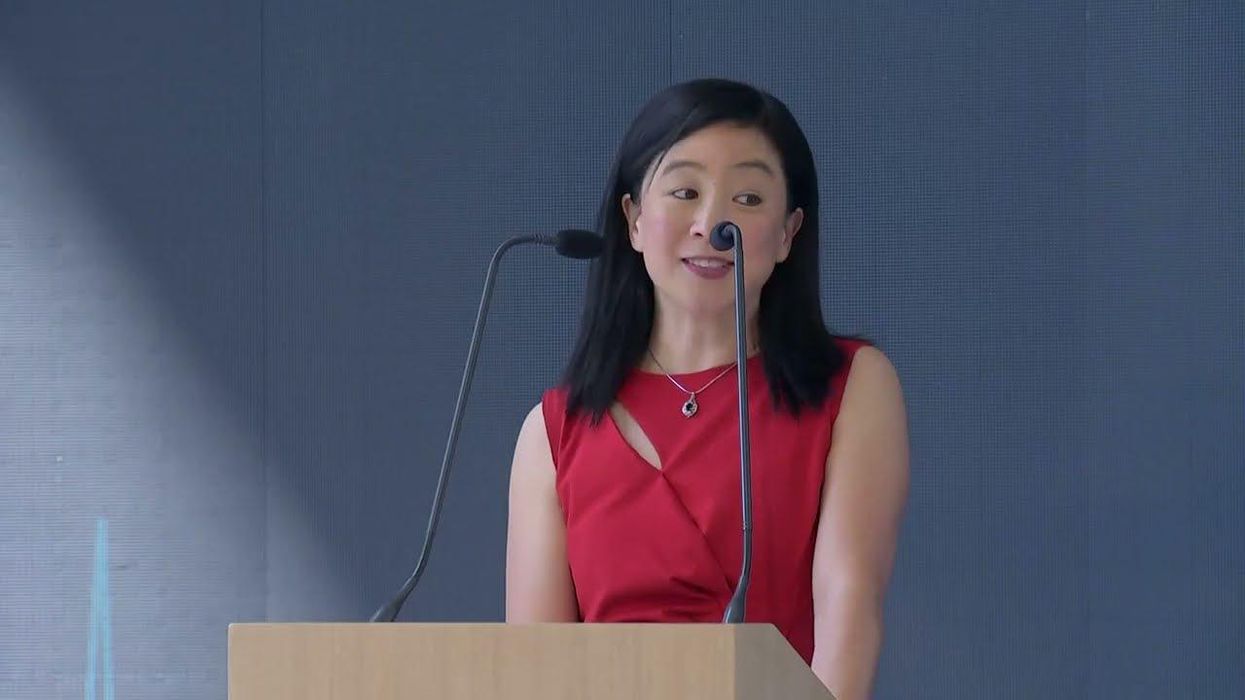Audrey Tang is Taiwan’s digital minister in charge of social innovation. Tang served on the Taiwan National Development Council’s Open Data and 12-year Basic Education Curriculum committees and led the country’s first e-Rulemaking project. Tang worked as a consultant with Apple on computational linguistics, with Oxford University Press on crowd lexicography, and with Socialtext on social interaction design. Tang also contributes to g0v (“gov zero”), a vibrant community focusing on creating tools for the civil society, with the call to “fork the government.
Video: SNF Agora Symposium on Civic Health Part 1: Keynote by Audrey Tang
2022-06-22 Keynote at SNF Agora Symposium on Civic Health




















Trump & Hegseth gave Mark Kelly a huge 2028 gift